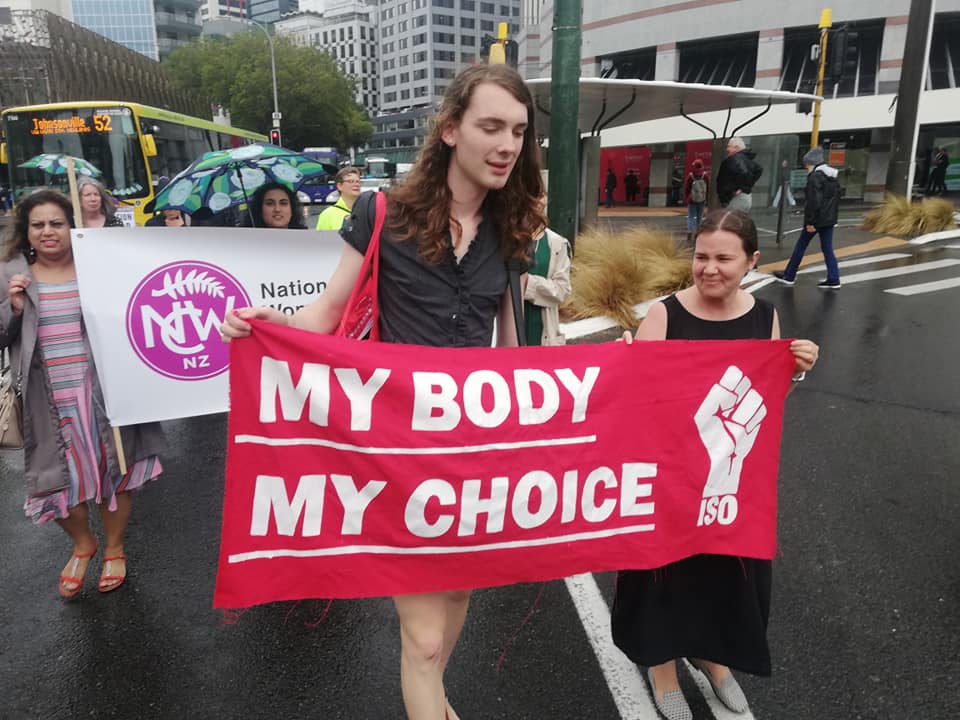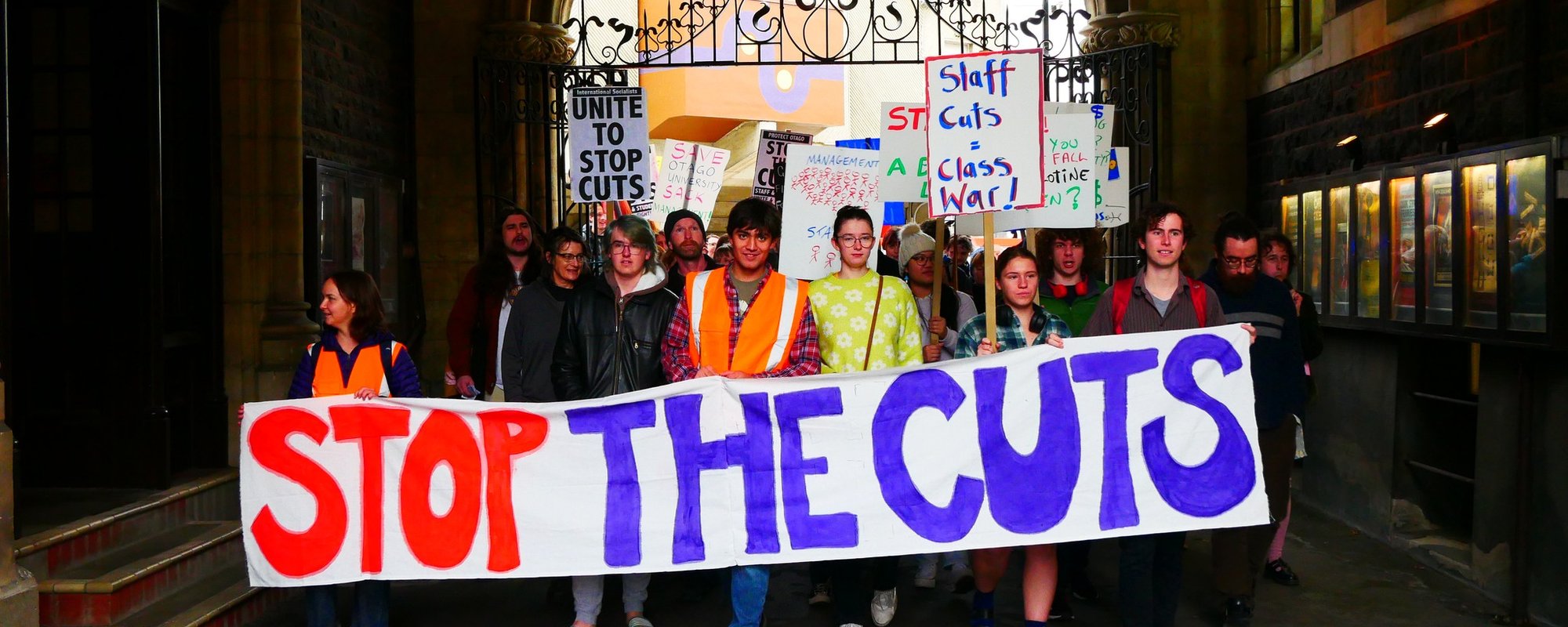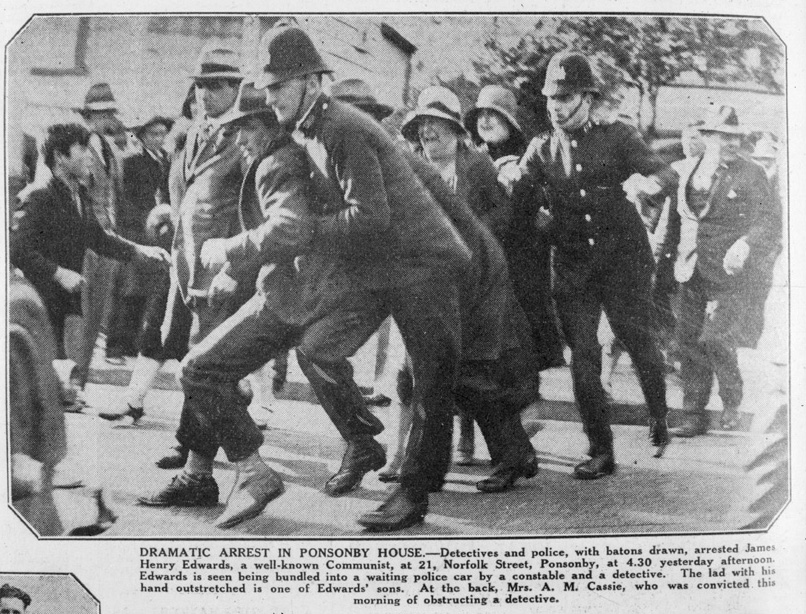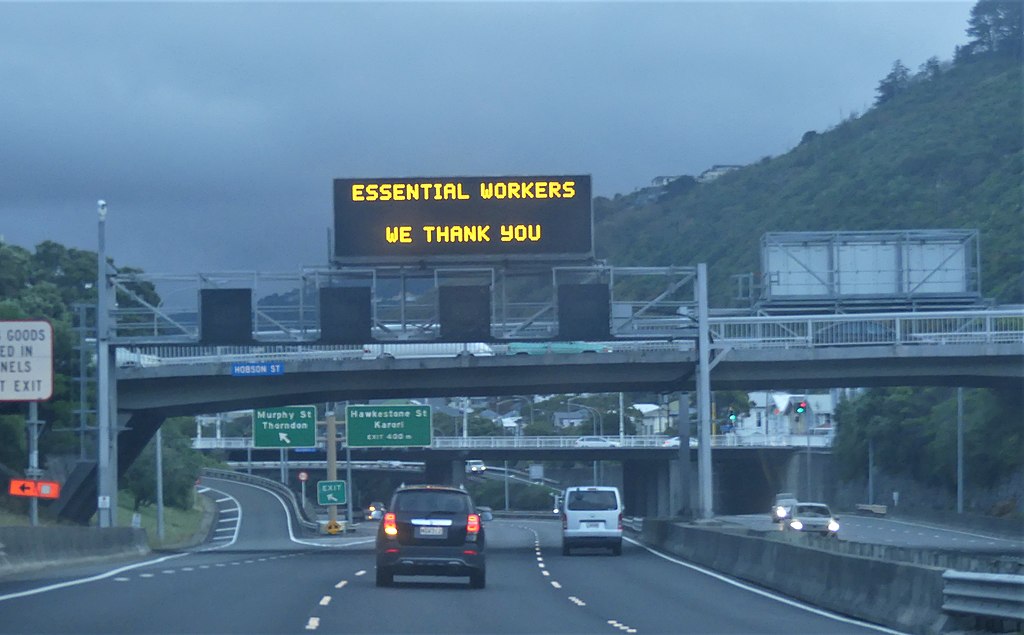This rainy Tuesday, 250 people marched from Midland Park to Parliament to demand abortion be decriminalised. Around the country hundreds more rallied. Andrew Little’s Abortion Legislation Bill is approaching its second reading, and the pressure is on to get it passed. The bill removes abortion from the crimes act, and scraps the requirement for approval from two consultants for abortions up to 20 weeks. It also creates a legal duty for the Ministry of Health to provide access to reproductive healthcare in all regions, and increases the protections on safe areas outside clinics. If passed, it represents a huge win for reproductive rights.
Our lawmakers did not write this bill out of personal principles: it comes out of many decades of struggle on the ground. From colonisation’s beginnings onwards, English abortion bans and later their New Zealand equivalents have been brought to bear by state, church, and capital to control women’s lives and the bodies of all pregnant people – and from colonisation’s beginnings onwards, people have fought against them. New Zealand’s first official abortion clinic opened in 1974 at the culmination of a decade of activist organisation and more than a century of illegalised unregulated provision. It stayed open in the face of police raids, court cases, law changes, harassments, and attempted arson only by constant bitter work. The new bill comes after long asking, long lobbying, long protest. Yesterday’s actions carried and maintained this legacy, as old and young activists, old and young people chanted together: “Our bodies, our choice” — “Abortion is not a crime” — “Not the church, not the state, we can decide our fate.”
If passed, this bill will represent a huge win, but it won’t be the end of the fight. The bill removes the invasive and obstructive consultation process only for abortions carried out before the 20th week of pregnancy. While the vast majority of abortions happen in those 20 weeks, those coming later are often urgent cases, for which the consultation process is especially harmful. Even more troublingly, the bill retains the right of medical professionals to conscientous obstruction, even in emergency situations and cases of rape. This leaves people in vulnerable circumstances having to find multiple healthcare providers, make multiple appointments, pay multiple fees, and have multiple conversations likely involving exposure to their doctors’ prejudices. Further, the bill protects the rights only of pregnant women to abortion, leaving anyone else seeking abortion in a legal grey area open to exploitation by bigots. We must continue to fight for all of these changes.
And we must likewise continue to fight for reproductive rights in general: against the continuing state theft of Māori children, against sterilisation of disabled babies, against gender norms which make sterilisation the clearest path to acceptance for trans people, against inadequate family benefits and parental leave allowances, against the racist ableist and classist rhetorics of overpopulation which ecofascism will offer in the years ahead, and against all other forms of reproductive oppression mandated by a system which puts profit and control before wellbeing and autonomy. These oppressions are individual and complex, but our demand in each case is the same: that peoples’ right to make choices about their own bodies and reproduction be maintained.
On Parliament lawn on Tuesday 250 of us stood in the rain with our placards and told our government that if they don’t protect that right, we will – like we always have. Afterwards we went back to our workplaces, or home to get warm and dry off – but we’re not going anywhere.








